Starting a small creative business can be an exciting and rewarding endeavor. But what about when it comes time to craft the actual business plan? I look back on the last 11 years that I’ve had my small creative business mostly with fondness and reward. I’ve written many times here on the blog about my hardships and mistakes as a business owner because, well, they’re unavoidable.
Related: 5 of My Biggest Mistakes As An Entrepreneur
From forgetting to send a job to print for a wedding stationery client with a very urgent deadline to navigating the legal steps of going after a client who won’t pay you for your good work.
Business is hard. It takes dedication, curiosity and a grit that helps one overcome mistakes and the fear of failure. Something I wish I had done MUCH earlier on in my career is create a sound business plan. A business plan is not a sure-fire way to completely avoid any mistakes or issues in your business forever and ever amen, but it WILL provide you with a LOT more clarity and direction. Clarity is what helps us make sound business decisions, which then helps us avoid mistakes!
Whether you're an artist, designer, writer, or any other creative professional, a well-structured business plan is an essential part to turning your passion into a successful venture. In this guide, I’ll walk you through the process of creating a comprehensive business plan tailored to the unique needs of creative businesses.
A Guide to Creating a Business Plan for Your Small Creative Business
Why a Business Plan Matters
Before diving into the how-to, let's explore why a business plan is crucial for creative entrepreneurs:
Clarity of Vision: A business plan helps you define your business's goals and objectives, giving you a clear vision of where you want to go.
Strategic Direction: It serves as a roadmap, guiding your business decisions and actions, preventing you from wandering aimlessly.
Attracting Investors or Partners: If you need funding or collaborators, a well-crafted business plan can be a powerful tool to convince potential investors or partners of your business's potential.
Measuring Progress: It allows you to track your progress over time and make necessary adjustments to stay on course.
Now that you understand the importance of a business plan, let's dive into the steps to create one for your small creative business.
Define Your Business Concept
Begin by articulating your business concept. What is the core idea behind your creative business? Consider the following questions:
- What products or services will you offer?
- Who is your target audience?
- What sets your creative business apart from competitors?
- What are your long-term aspirations?
Market Research
Research is key to understanding your industry and your potential customers. Dive deep into market research:
- Identify your target market's demographics, preferences, and behaviors.
- Analyze your competitors, their strengths, and weaknesses.
- Explore market trends, potential challenges, and opportunities.
Business Structure and Legal Considerations
Determine the legal structure of your business. Common options include sole proprietorship, LLC, partnership, or corporation. Each has its advantages and disadvantages in terms of liability, taxes, and management. Consulting with legal and financial professionals during this step is necessary because every single business, location and business owner is going to have more risks and financial benefits involved when it comes to business structure. (Framework Law is who I work with!)
Financial Planning
A crucial aspect of your business plan is financial planning. Develop a detailed budget that includes:
- Startup costs
- Ongoing operational expenses
- Revenue projections
- Cash flow analysis
- Pricing strategy
- Break-even point
This financial forecast will help you assess the viability of your creative business and secure financing if needed.
Marketing and Sales Strategy
Outline your marketing and sales strategies. This includes:
- Branding and positioning
- Content and marketing efforts
- Social platforms
- Promotion and advertising plans
- Sales channels (e.g., online, retail, wholesale)
Product or Service Development
Describe the creative products or services you'll offer. This might not seem like an important or crucial step, since most businesses evolve and change over time, but don’t skip this! Oftentimes when you outline the steps you take to perform common tasks in your business, you begin to notice tasks that can be automated or delegated just simply because you outlined every step. Include details such as:
- Production process
- Materials and resources required
- Quality control measures
Operations Plan
Detail how your creative business will operate day-to-day. This is also a crucial step because of the explanation above in step 6! Don’t skip this! This may encompass:
- Location (if applicable)
- Equipment and technology
- Supply chain management
- Inventory control
- Workflow processes
SWOT Analysis
Conduct a SWOT (Strengths, Weaknesses, Opportunities, Threats) analysis. This helps you identify internal strengths and weaknesses and external opportunities and threats that may impact your business.
Milestones and Timelines
Set clear milestones and timelines for achieving your business goals. We all love good weight loss before and afters, right?? This is essentially the same thing. Helps to keep you motivated and on target with your goals. It also adds accountability and helps you measure your progress.
Risk Assessment and Contingency Plans
Identify potential risks that could affect your creative business and develop contingency plans to mitigate them. Risks could include market fluctuations, supply chain disruptions, or unexpected expenses.
Executive Summary
Summarize the key points of your business plan in an executive summary. Just create a google doc with a simple summary. This is typically the first section investors or partners read, so make it compelling and concise. Even if you don’t plan on working with any investors or partners, when it comes time to hire any team members, this summary will be important for all new hires to ready and be a part of.
Review and Revise
Remember, your business plan isn't set in stone. Your business plan is a living document. As your creative business grows and changes, so should your plan. Stay flexible, adapt to new opportunities and challenges, and keep your creative spark alive throughout the journey. Regularly review and revise it as your creative business evolves. Keep it up to date to ensure it remains an effective tool for guiding your growth.
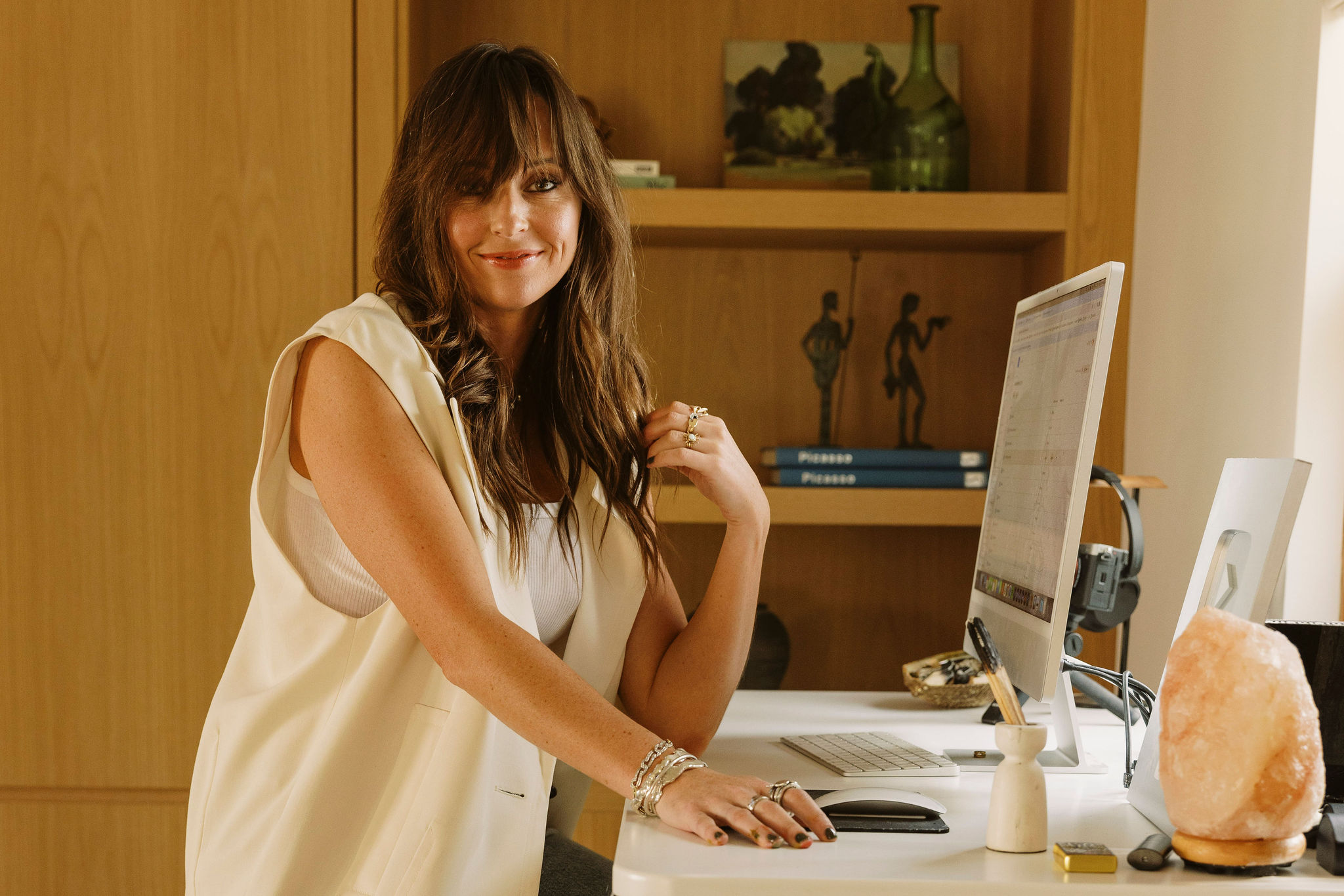

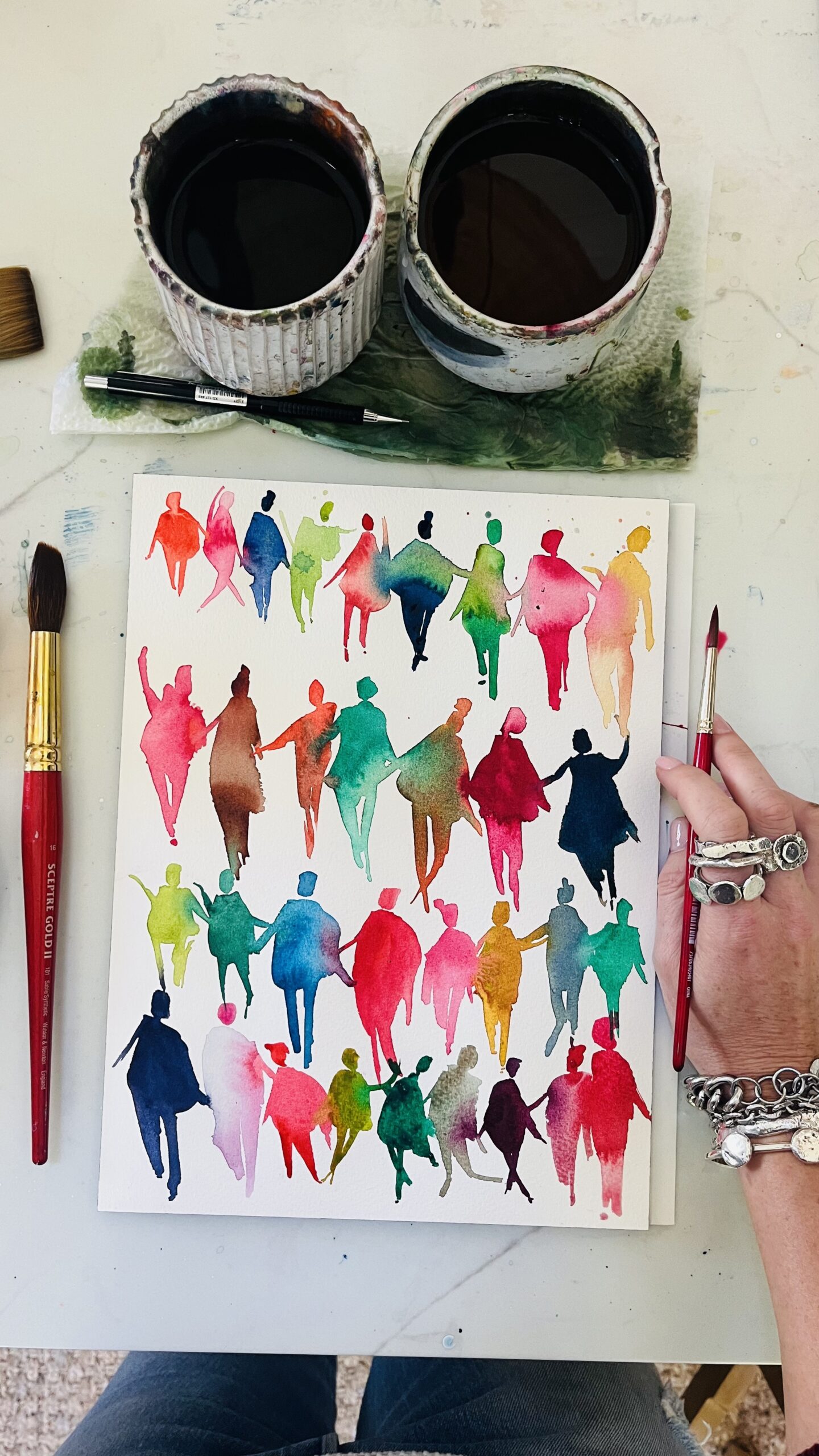
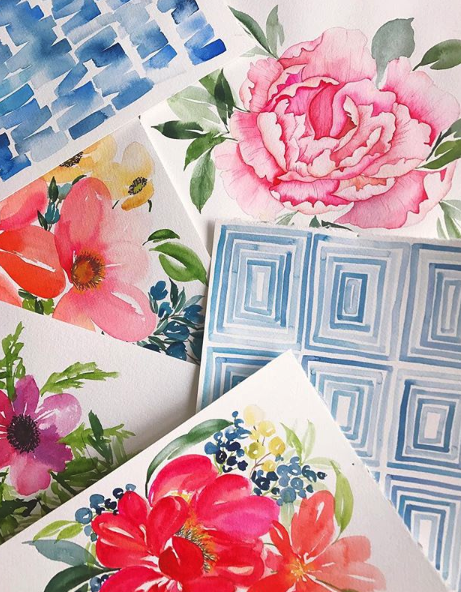
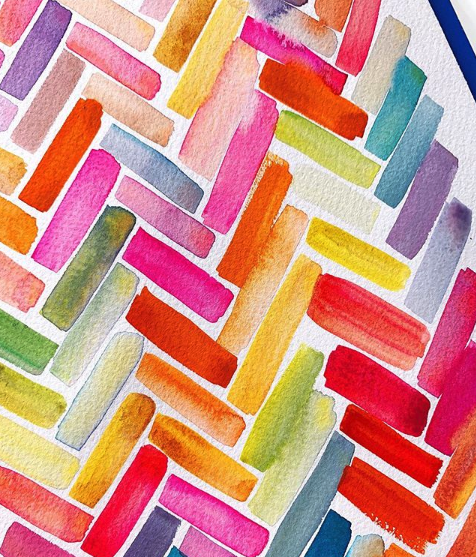
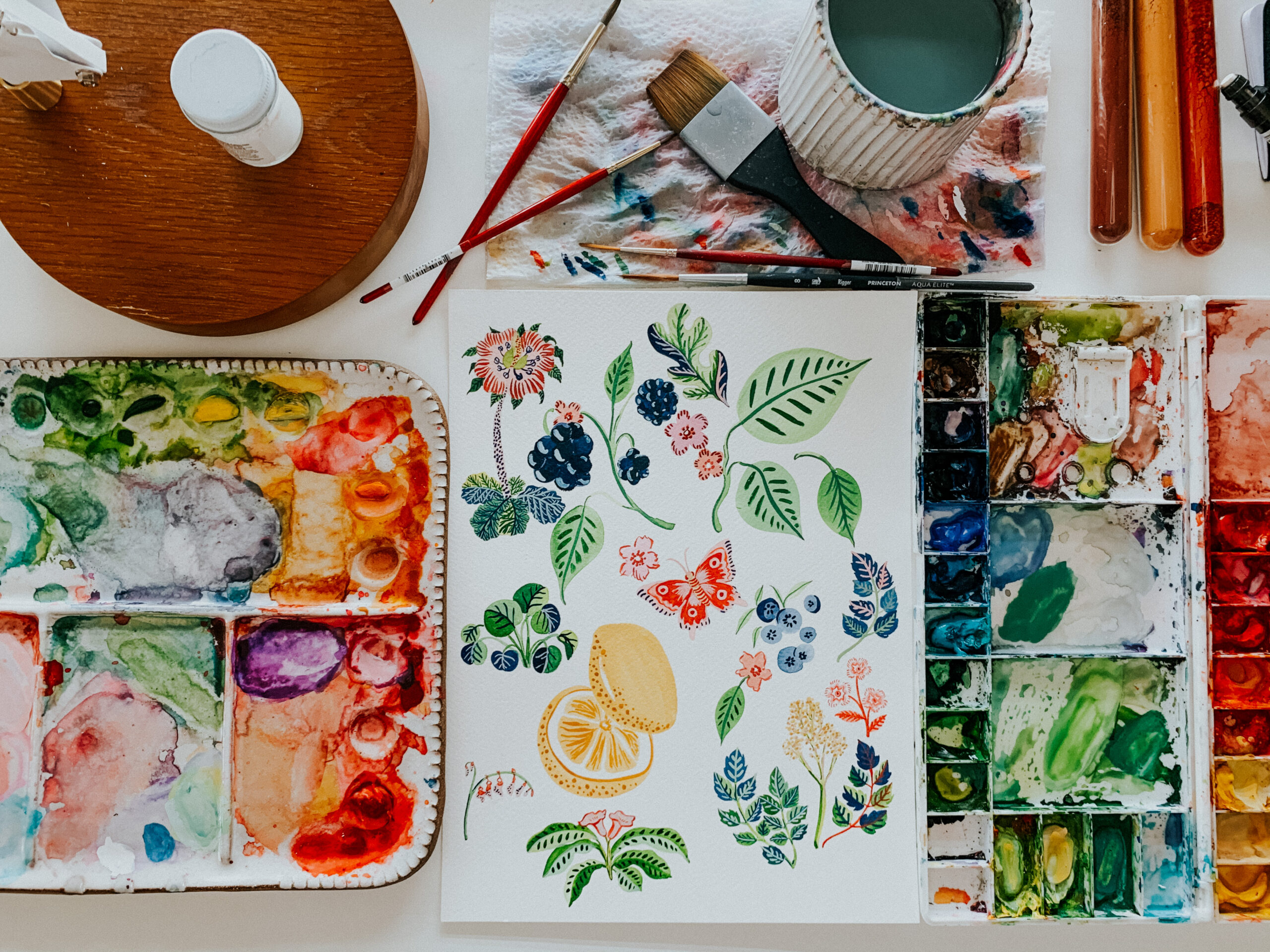
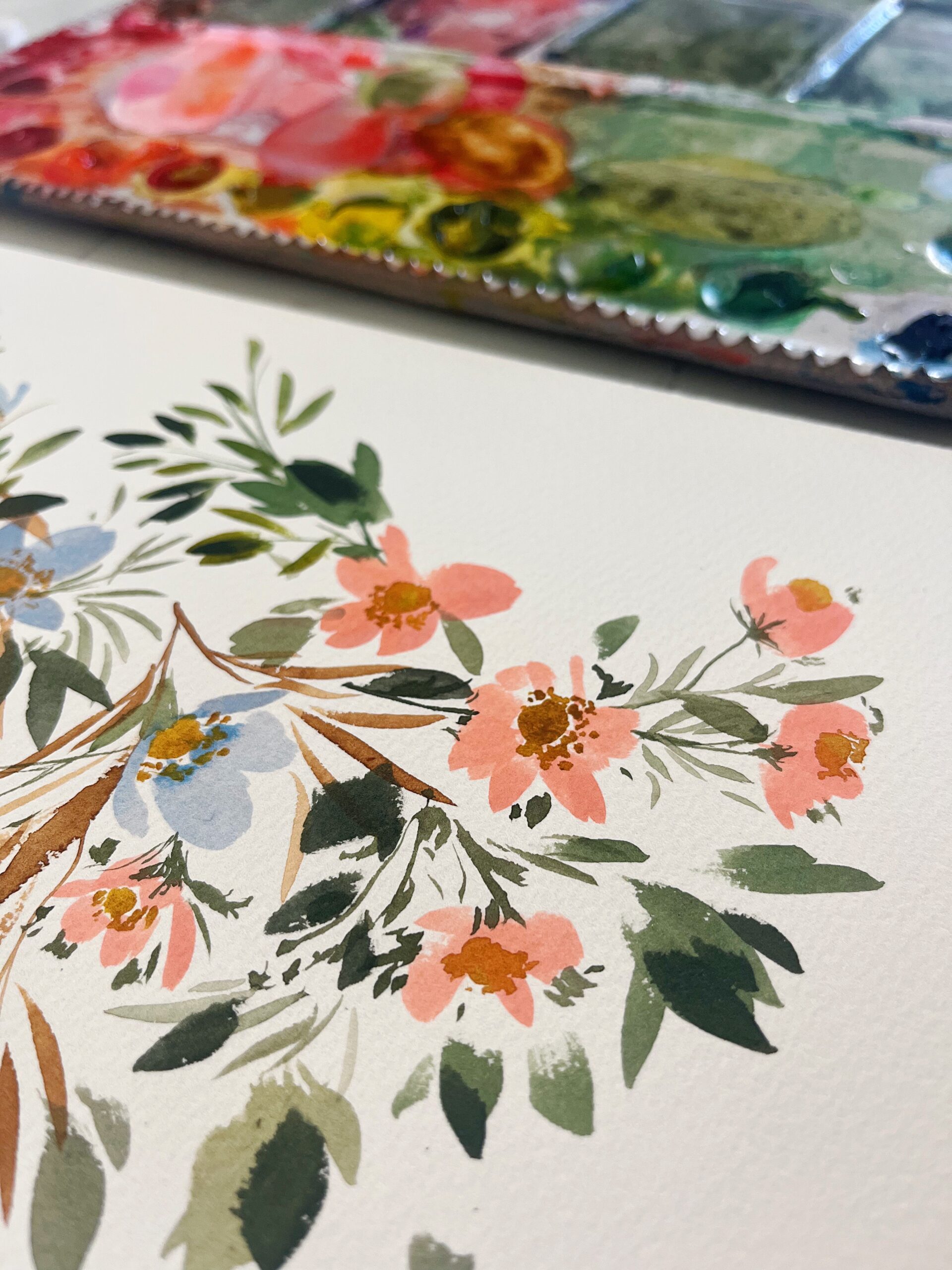


+ show Comments
- Hide Comments
add a comment